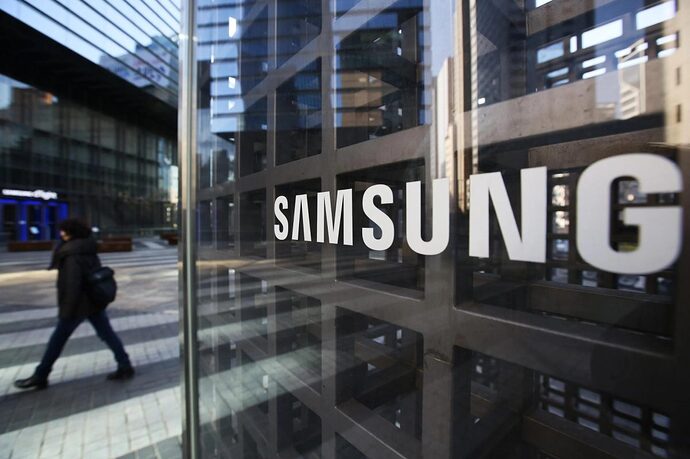Samsung Defeats BOE In Landmark OLED Trade Secrets Case, Securing 15-Year U.S. Market Ban And Reinforcing Its Leadership In Display Technology
Samsung Display achieved a major legal victory against China’s BOE Technology Group after the Chinese company was found guilty of stealing its OLED technology. The case has been ongoing since 2023, when the South Korean tech giant took it to the U.S. International Trade Commission (ITC), claiming that BOE imported OLED products built using Samsung’s proprietary trade secrets. The case has now finally reached a major point, with the preliminary ruling being in favor of the company. The decision has significant implications for the Chinese display manufacturer due to its infringement.
Samsung vs. BOE: a landmark OLED trade secrets case
This landmark victory occurred on July 11, 2025, when the ITC determined that BOE and its U.S. subsidiaries had indeed infringed Samsung’s patents, as BOE had employed the tech giant’s former employees and leveraged confidential information to develop OLED panels for its own products via SamMobile. The decision is of huge significance, given that it has banned BOE’s OLED products from entering the U.S. market for the next 15 years, and is a major blow to the Chinese display manufacturer.
This legal win has significant implications not only for Chinese manufacturers but also for the global OLED industry. Samsung stands to gain the most from this setback, as it provided roughly 49 percent of iPhone OLED panels in Q1 of 2025, with LG in the second position. With BOE being barred from the market for a long period, Samsung and LG have an opportunity to reinforce their position in the industry and take on the supply of high-end OLED panels for flagship devices like the iPhone.
From a broader perspective, the case highlights the importance of protecting intellectual property in the high-tech sector, especially when it comes to technologies like OLED, which is the backbone of modern displays and is used in nearly every device, ranging from smartphones to televisions. By enforcing IP rights, companies gain the security to continue innovating without the constant threat to their technology. It also sends a strong message to international firms about the serious consequences of IP infringement.
This ruling, however, could intensify tensions between the U.S. and Chinese tech industries, as BOE is one of the fastest-growing display manufacturers, and restricting its access to one of the major markets could have a ripple effect. Nonetheless, the ruling works in Samsung’s favor, as it allows the company to establish its leadership in the OLED market firmly and sends a clear message about the legal repercussions of any infringements that could entirely change the dynamics of the market.
